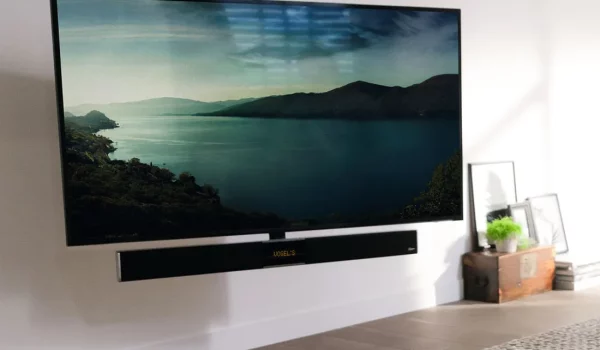Circular economy strategies as enablers for solar PV adoption
The adoption of solar panels has been successful in recent years. However, solar panels will cause a growing waste problem in the coming decades. At the same time, it is important to further stimulate investments in solar energy solutions in order to achieve climate goals and sustainable development goals.
When circular economy strategies and business models can both enable investments in solar energy and at the same time reduce the waste problem, this research finds out. Focus group data from Flanders (Belgium) is used to address the demand side of different market segments outside the dominant residential homeowners market. These markets are usually managed or brokered by organizations and include both business-to-business and business-to-government characteristics.
The results show that investments in solar energy are mainly driven by lower energy costs, independence and guaranteed access to energy. The acceptance of circular solar solutions mainly depends on a profitable business case. In most cases, a lack of market development and organizational preconditions limit the potential of circular solar options.
The study also makes recommendations. Given the energy crisis and challenges of electrification, it is recommended to invest in regulatory frameworks that support implementation of innovative data technologies. These technologies promote improved circularity and lower operational costs.
Other relevant publications
Re-use of soundbars
How feasible is it to give soundbars a second life? Commissioned by Stichting OPEN, Second Use investigated the re-use potential of four soundbar models, revealing insights into repairability, consumer interest, and key barriers.
Re-use of cordless vacuum cleaners
The re-use of cordless vacuum cleaners presents interesting opportunities, but battery replacement costs pose a significant challenge. This study, conducted by Second Use on behalf of Stichting OPEN, examines the feasibility of refurbishment and identifies key improvements to extend the lifespan of these appliances.







